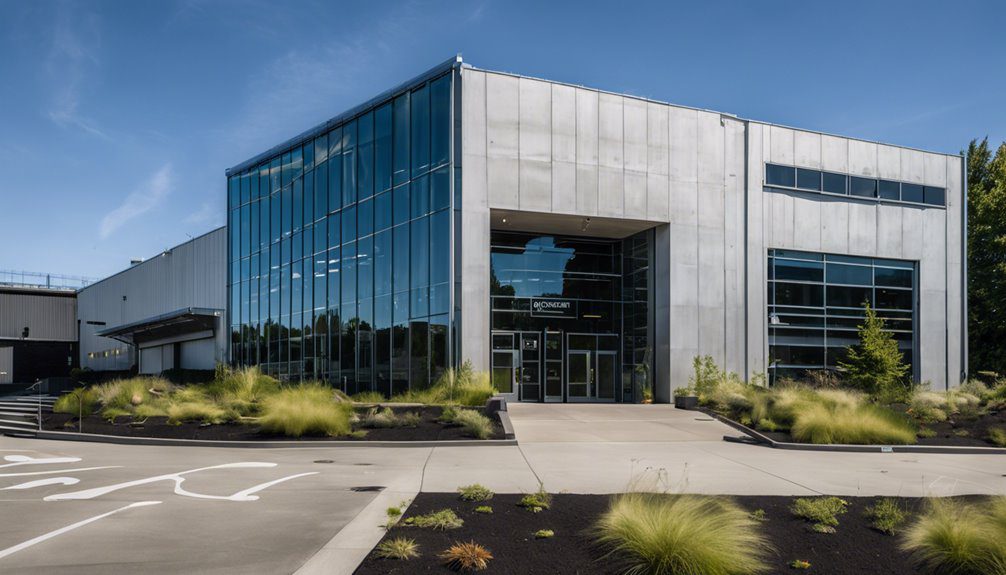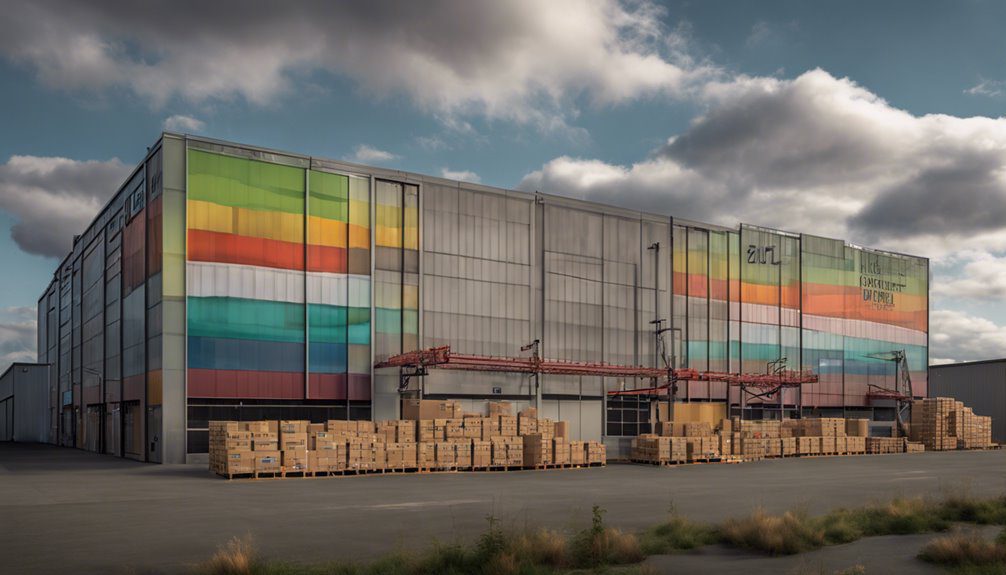If you're operating a business in Oregon's alcohol warehousing sector, understanding the Oregon Liquor Control Commission Licensee Bond is crucial. This bond not only ensures compliance with state laws but also safeguards your operations against potential legal issues. You might be wondering about the implications of failing to secure this bond or what it could mean for your license. Let's explore the details of eligibility, application, and potential costs that come with this important requirement, so you can make informed decisions for your business.
What Is the Licensee Bond?

When you dive into the world of alcohol licensing in Oregon, you'll quickly encounter the concept of a licensee bond. This bond acts as a financial guarantee that you, as the licensee, will adhere to the state's laws and regulations governing the sale and distribution of alcohol.
Essentially, it protects the state and the public from any potential violations or misconduct on your part.
A licensee bond is a form of surety bond, which means it involves three parties: you, the surety company, and the Oregon Liquor Control Commission (OLCC). If you fail to comply with the laws—such as failing to pay taxes or violating licensing conditions—the surety company may be held responsible for compensating the state or affected parties.
In such cases, the surety company can seek reimbursement from you for any payouts made.
To obtain a licensee bond, you'll typically need to undergo a credit check and provide necessary documentation. The bond amount varies based on your specific license type, but it's a crucial step in the licensing process, ensuring you're financially accountable for your actions in the alcohol industry.
Importance of the Licensee Bond
The licensee bond is crucial for anyone involved in the alcohol industry in Oregon, as it ensures you're held accountable for your actions. This bond acts as a financial safety net, protecting consumers and the state from potential misconduct. If you violate any regulations or laws, the bond provides a way for affected parties to seek compensation, which can help maintain your business's integrity and reputation.
Having this bond isn't just about compliance; it reflects your commitment to operating within the law. It signals to your customers, suppliers, and the state that you take your responsibilities seriously. If you fail to secure a licensee bond, you risk losing your license to operate, facing fines, or even legal action. Additionally, the bond can also help you build trust with your business partners. By demonstrating that you're financially responsible and willing to back your operations, you can foster stronger relationships in the industry. Moreover, understanding state-specific bond requirements is essential for navigating the complexities of compliance.
Eligibility Requirements

To qualify for a licensee bond in Oregon, you'll need to meet several eligibility requirements that ensure you're a responsible operator in the alcohol industry.
First, you must hold a valid liquor license issued by the Oregon Liquor Control Commission (OLCC). This license confirms that you've undergone the necessary background checks and training required to operate legally.
Next, you should have a clean financial history. Lenders will typically assess your credit score and any existing debts to ensure you can manage the financial responsibilities that come with a licensee bond. If you've previously faced financial difficulties, it might impact your eligibility.
Additionally, you'll need to provide proof of your business's operational stability, which can include financial statements or tax returns. Your business should also comply with all local, state, and federal regulations related to alcohol distribution.
Lastly, the bond amount may vary based on your specific operations, so be prepared to meet the required bonding amount as stipulated by the OLCC.
Application Process
Starting the application process for a licensee bond in Oregon involves a few key steps that you should be aware of. First, gather all necessary documentation required for your application. This typically includes your business information, proof of eligibility, and any required financial statements. Having these documents ready will help streamline the process.
Next, fill out the application form accurately and completely. Make sure to double-check all the information you provide, as inaccuracies can delay your application or lead to rejection. After completing the form, submit it along with the required documents to the Oregon Liquor Control Commission (OLCC).
Once the OLCC receives your application, they'll review it to ensure you meet all eligibility requirements. They may reach out for additional information or clarification, so be prepared to respond promptly. It's crucial to stay in communication during this stage.
After your application is approved, you'll need to secure the licensee bond from a licensed surety company. License and permit bonds are designed to hold businesses accountable for adhering to licensing laws, so ensure you understand the bond's terms and conditions before finalizing the agreement. Completing these steps efficiently can help you get your licensee bond quickly and smoothly.
Costs and Renewal

Once you've secured your licensee bond, it's important to understand the costs involved and what to expect when it comes time for renewal.
The cost of your bond typically depends on several factors, including your credit score and the bond amount required by the Oregon Liquor Control Commission. Generally, you'll pay a percentage of the total bond amount, which can range from 1% to 10%, based on your financial history.
When it comes to renewal, you'll need to keep an eye on the bond's expiration date, as most bonds are valid for one year.
The renewal process usually involves submitting a new application and paying the premium again. If your financial situation has improved, you might qualify for a lower rate upon renewal.
It's a good idea to shop around and compare quotes from different surety companies, as rates can vary. Additionally, understanding the various types of surety bonds can help you make an informed decision regarding your specific bonding needs.
Conclusion
In summary, the Oregon Liquor Control Commission Licensee Bond (Warehouse) Bond is essential for your alcohol warehousing business. It not only ensures compliance with state laws but also protects you and the public from potential issues. By understanding the eligibility requirements and application process, you can secure this bond effectively. Remember, maintaining your bond is crucial for keeping your liquor license valid and your operations running smoothly. Don't overlook this important step in your business journey!


